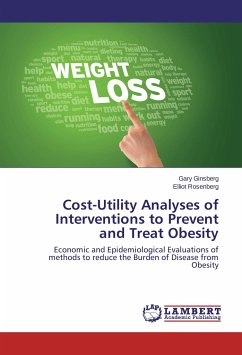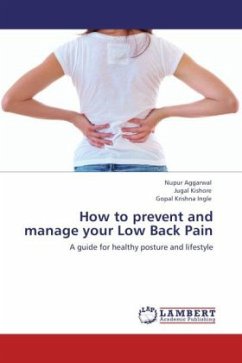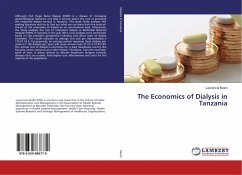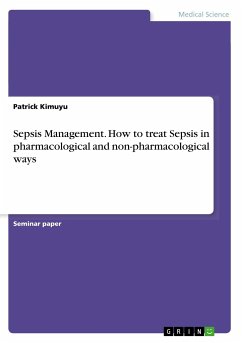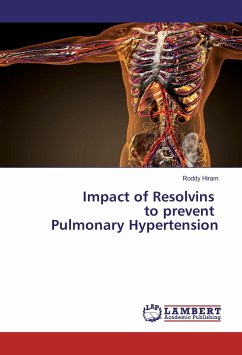In the developed world, obesity is a serious risk factor for many chronic diseases. Besides its morbidity and mortality burden, Obesity generates a huge cost burden on countries health services. This study aims to assist policymakers in their efforts to prioritize interventions to prevent and treat obesity by calculating cost-utility ratios of the treatment modes of dietary counseling, pharmaceutical interventions and bariatric surgery.Generally, the majority of interventions were found to be either cost-saving or very cost-effective in an Israeli setting. Differences in cost-effectiveness exist within each treatment modality, but the data are not robust enough to facilitate within-modality prioritization at this point. Readers can use the methodologies in this paper to generate cost-utility ratios for their own country-specific interventions.

